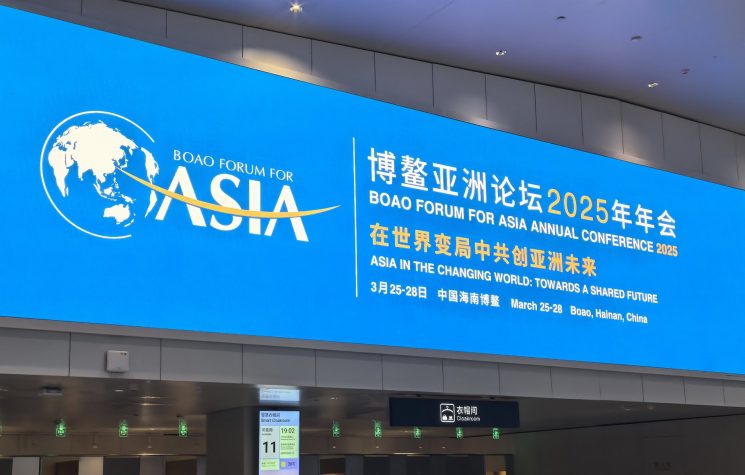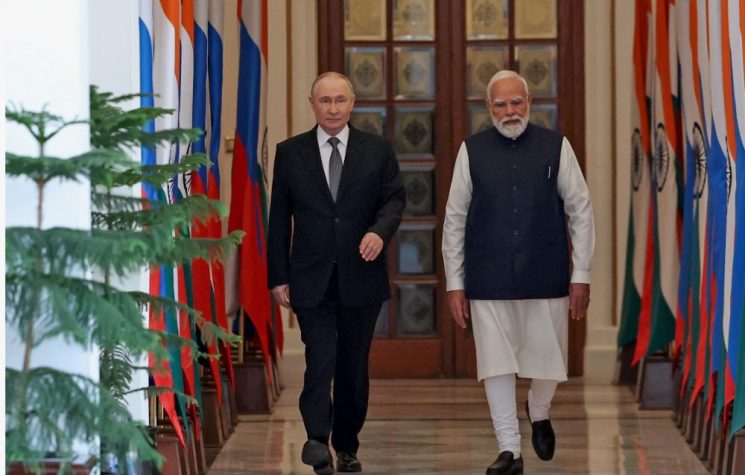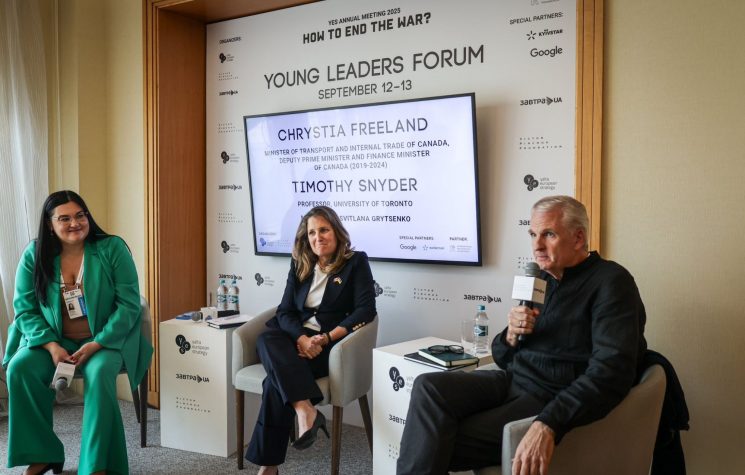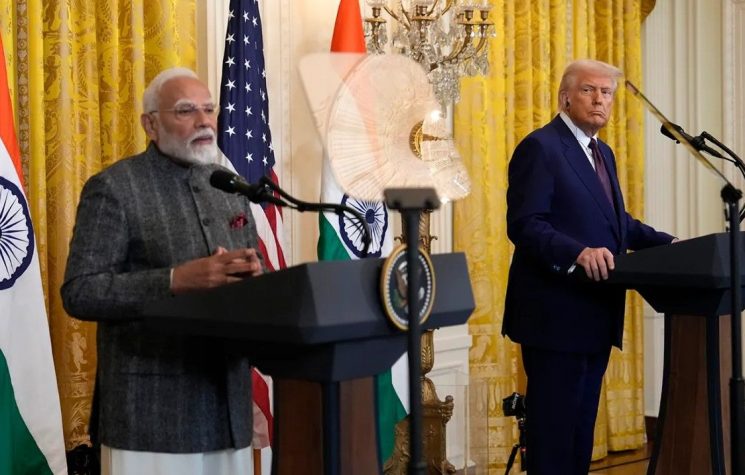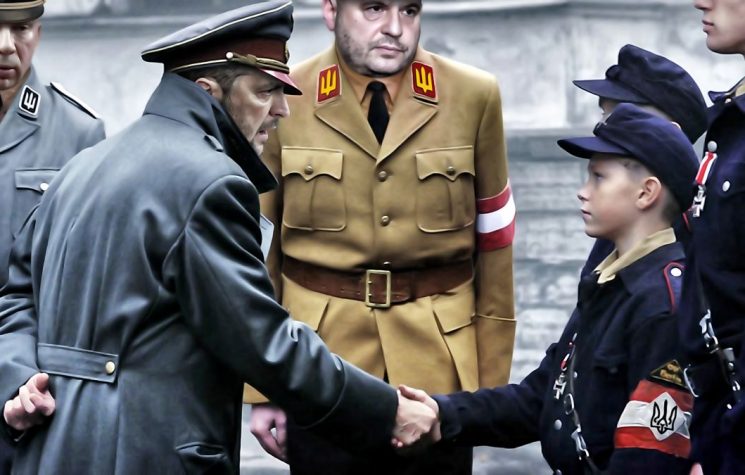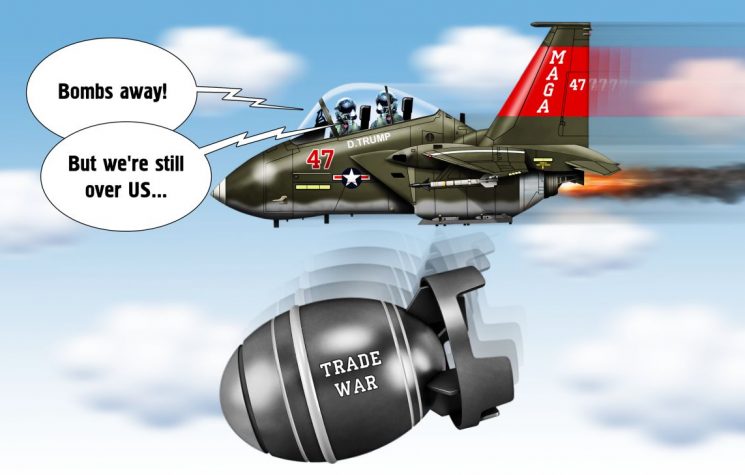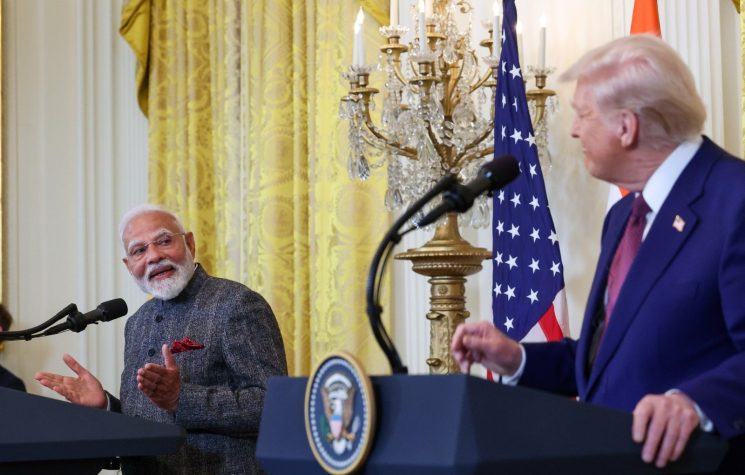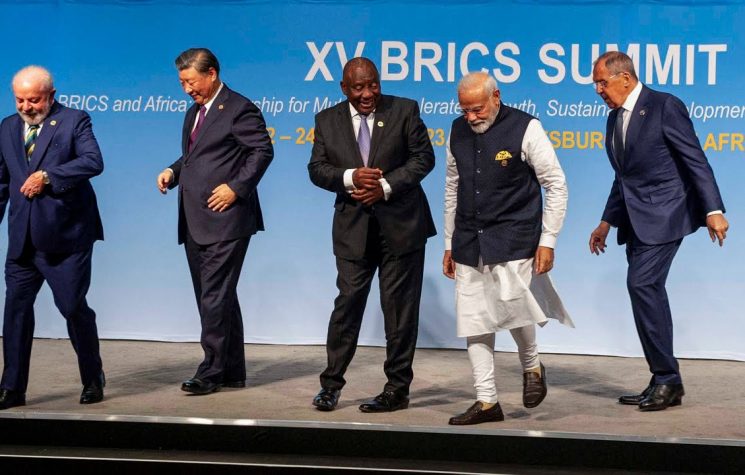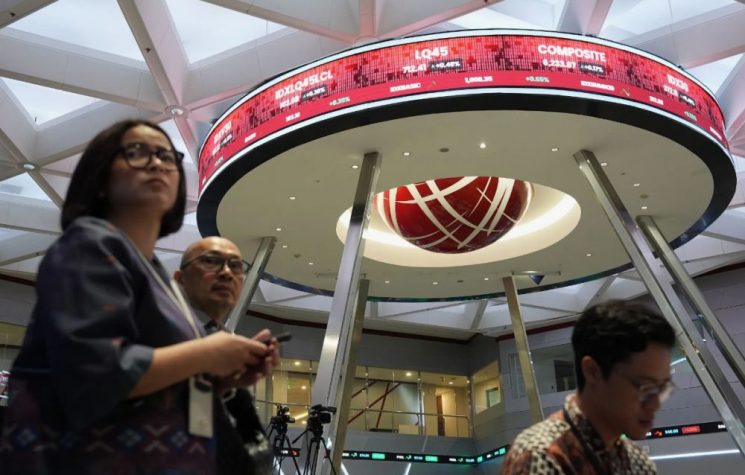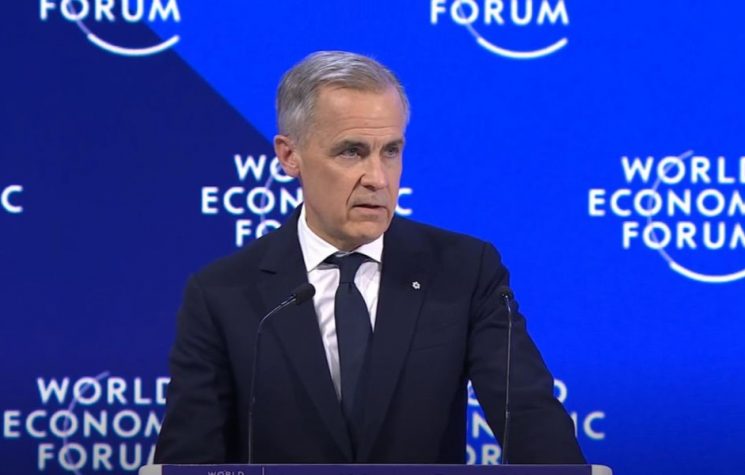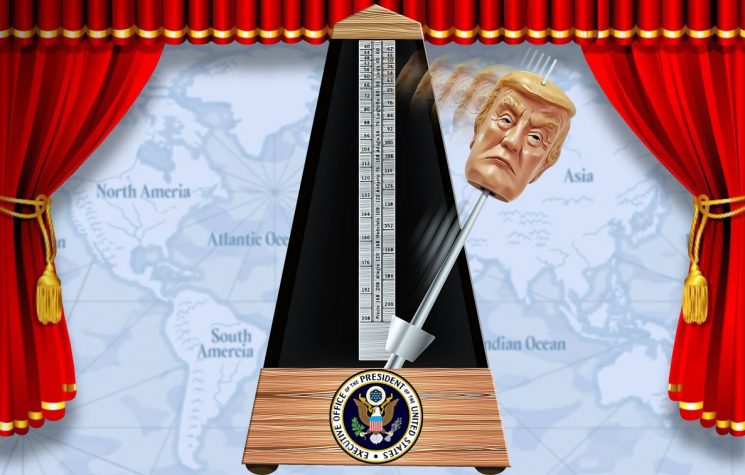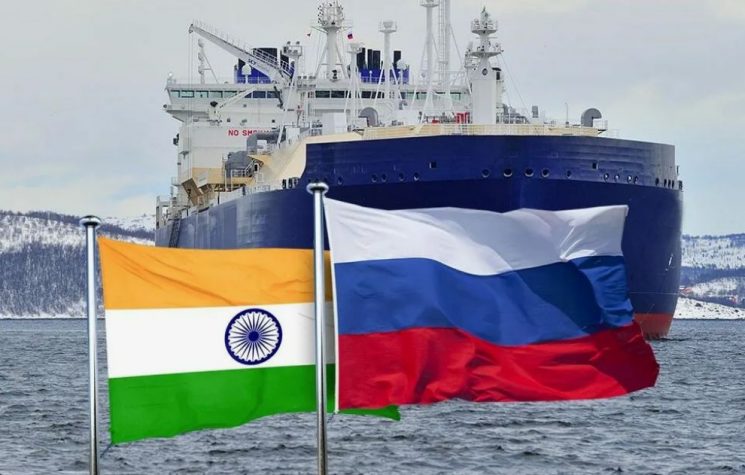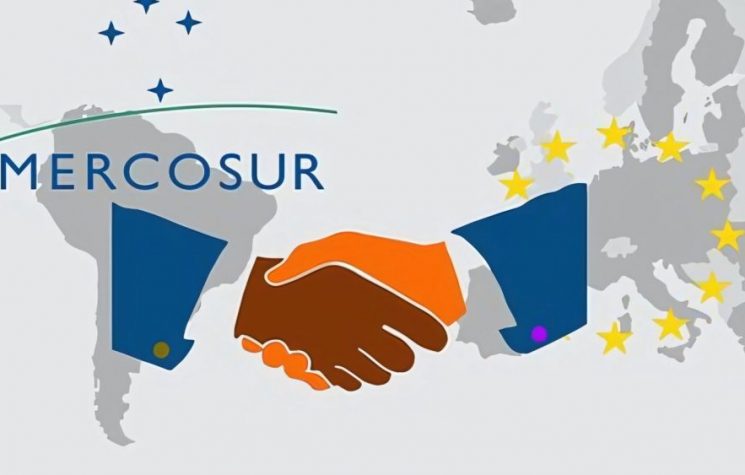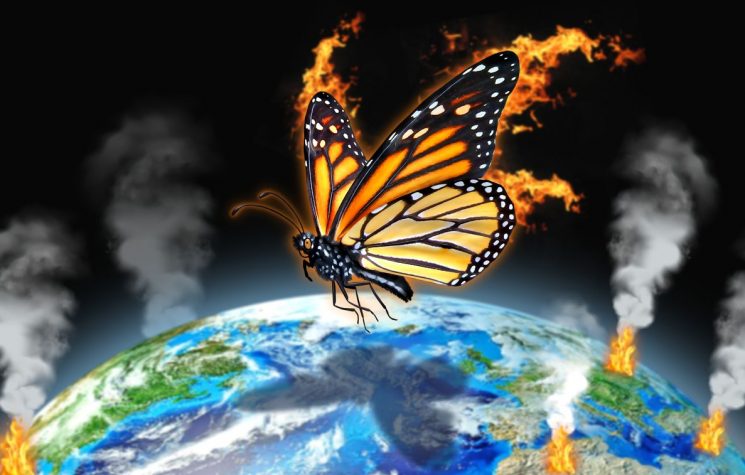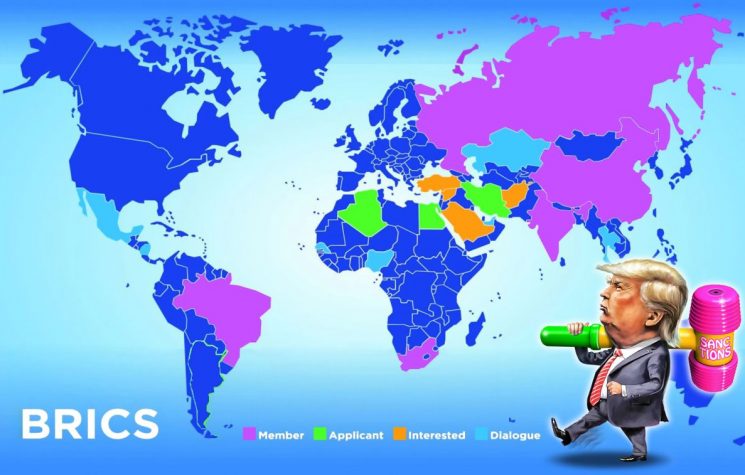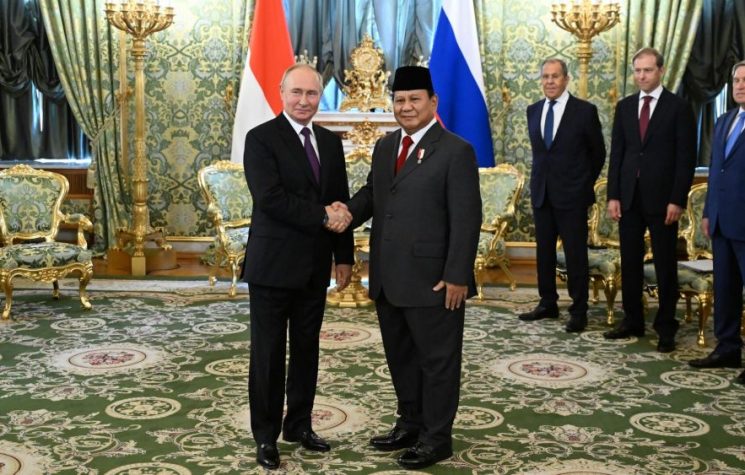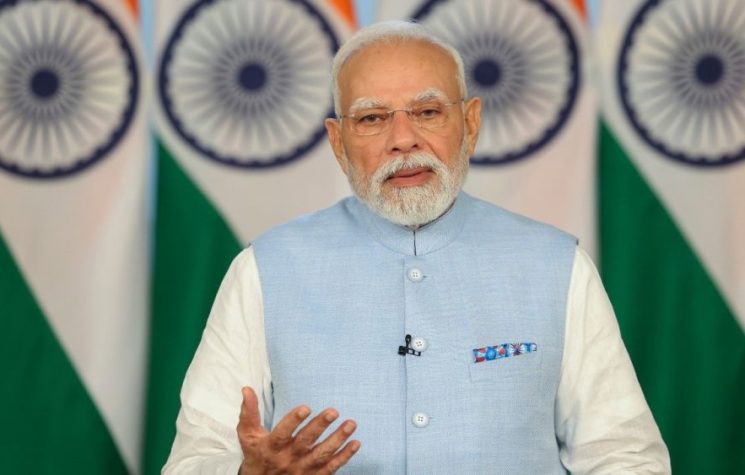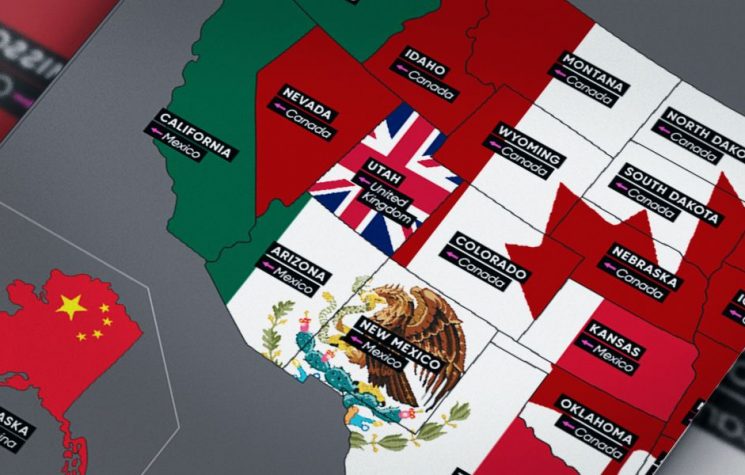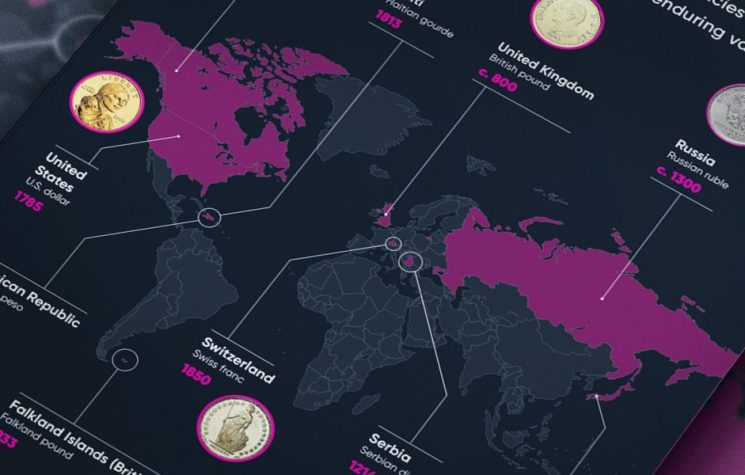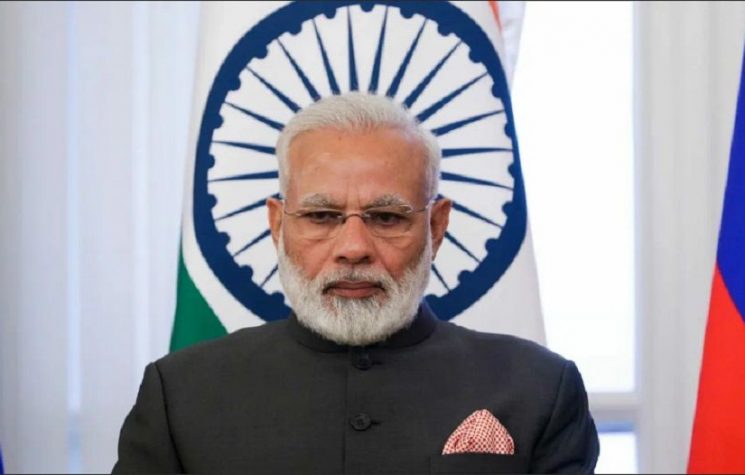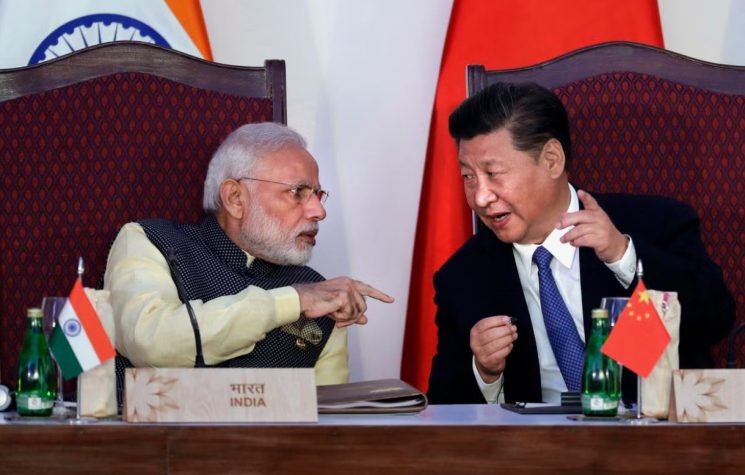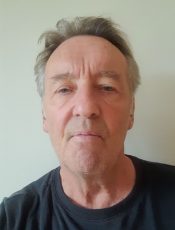Trudeau seems to be performing his vassal role of doing the bidding of the U.S. to antagonize India and exert pressure on New Delhi
Contact us: info@strategic-culture.su
Canada has reignited a major diplomatic row with India, resulting in both countries making tit-for-tat expulsions of consular officials.
The controversy has grabbed international headlines. It stems from Canadian Prime Minister Justin Trudeau alleging that India is running an assassination program against Canadian citizens. Notably, the diplomatic storm has blown up only days before the much-anticipated BRICS+ summit in Russia.
Another notable point is that the American FBI state security service has worked with the Canadian authorities in formulating the accusations. These accusations potentially bring the Indian government into severe disrepute.
Six diplomats from each nation have been ordered to leave in a renewed row initiated by Canada. The six Indian officials include the High Commissioner in Ottawa, Sanjay Kumar Verma, which implies a serious breakdown in relations. New Delhi followed suit, demanding Canadian officials to leave.
This is not the first time the two countries have clashed over the past year, but it seems to be the most grievous altercation yet. Canada’s allegations are extraordinary and potentially damaging to the international image of Indian leader Narendra Modi.
Canadian Prime Minister Justin Trudeau this week repeated claims that the Indian government is targeting Canadian citizens for assassination.
In a public statement Trudeau said: “We will never tolerate the involvement of a foreign government in threatening and killing Canadian citizens on Canadian soil – a deeply unacceptable violation of Canada’s sovereignty and of international law.”
India’s government has denounced the allegations as “preposterous”. New Delhi claims that the Trudeau government is following a “political agenda”.
The Liberal Party prime minister has been suffering a backlash from low poll numbers and rising unpopularity. Trudeau’s posturing as a tough leader defending Canadians could be a way for him to boost his dwindling poll ratings.
The Canadian citizens allegedly targeted by India are mainly expatriates from the Sikh community. Last year, on June 18, 2023, a Sikh leader in Vancouver was shot dead in what appeared to be a contract killing. Four men of Indian ethnicity have been charged with the murder of Darheep Singh Nijjar who was president of the Sikh temple. Three of the accused have Sikh names.
Canada has the largest number of Sikhs living outside of their Indian home province of Punjab. There are also large numbers living in the United States and Britain.
Sikh expatriates have been campaigning for a new independent state in northern Punjab called Khalistan. The Indian government is of course displeased by the movement which it sees as undermining India’s national integrity.
During the 1970 and 80s, there was an armed conflict between the Indian government and the Punjabi separatists. Thousands were killed and many Sikhs went into exile to escape repression. Currently, there is not a strong movement in Punjab for independence but it is fair to assume that the Indian government watches closely Sikh leaders in expatriate communities.
The Canadian government alleges that Indian state intelligence agents are using the cover of consulates in Ottawa, Toronto and Vancouver to carry out surveillance and organize political killings of dissidents.
Justin Trudeau has put the finger of blame on the highest levels of Indian government. That implies Narendra Modi and his inner circle of intelligence aids.
Furthermore, the Trudeau government and the Royal Canadian Mounted Police have accused the Indian consular offices of involvement with organized crime syndicates to carry out murder and extortion.
On paper the alleged Indian government activities are astounding, especially as they are being leveled at a country that the West considers a friendly nation. At around the time of the Vancouver assassination last June, India’s Modi was hosted in the White House by President Joe Biden in an exceptionally lavish state reception that few other leaders have been privileged with. India’s relations with Canada and the United States subsequently turned sour after Trudeau made public allegations earlier this year, and repeated them this week.
It’s hard to see what New Delhi expects to gain from such alleged conduct in Canada. It would be a high-risk intrigue that carries massive political costs if it goes wrong. Besides, the Punjab Khalistan issue does not seem to represent a serious threat to India’s national security.
The other thing is the Canadian authorities, including Trudeau, have not provided substantial evidence to support these claims. The case against India is based on assertion and vague insinuations. There have been no other reported killings of Sikh leaders since the Vancouver fatal shooting. But the way Trudeau tells it, it would seem that Indian hit men are running amok across Canada.
Also worth considering: were the four accused in the Vancouver murder motivated by base criminal gain, not politics? Did the four make forced confessions to implicate the Indian government? Were they set up by Canadian intelligence as a political plot to antagonize and smear the Indian government?
Here the United States may have a sinister role. Trudeau’s government has a record of weakly doing Washington’s bidding. Recall the reprehensible case of Meng Wanzhou, the female chief financial officer of China’s telecom giant Huawei, who had been detained in Canada for nearly three years for allegedly breaking American sanctions on Iran.
The New York Times on October 16 reported that the American FBI fed information to Canadian counterparts to renew the sensational allegations against Modi’s India. The Washington Post has also been a major purveyor of U.S. intelligence source claims of India’s “transnational repression”.
This author has contended in a previous article that Washington has been pressuring New Delhi to comply with Western economic sanctions against Russia over the Ukraine conflict. Prime Minister Modi has rebuffed Washington’s demands and indeed India is buying record supplies of Russian oil.
Trudeau seems to be performing his vassal role of doing the bidding of the U.S. to antagonize India and exert pressure on New Delhi.
The other factor is the BRICS summit in few days’ time in Kazan, Russia. This is billed as a major showcase of the rising multipolar challenge to U.S.-led Western hegemony. Several countries including NATO member Turkey and Gulf Arab oil-producing nations are slated to join the BRICS alliance of Brazil, Russia, India, China and South Africa. Russian President Vladimir Putin will be hosting China’s Xi Jinping and India’s Modi, among other leaders. Even Western media are reporting on the geopolitical significance of the BRICS as a seismic shift from the Western-dominated global order.
The timing of the Canadian controversy with India seems like a convenient spoiler of a summit that Western leaders would rather forget.













